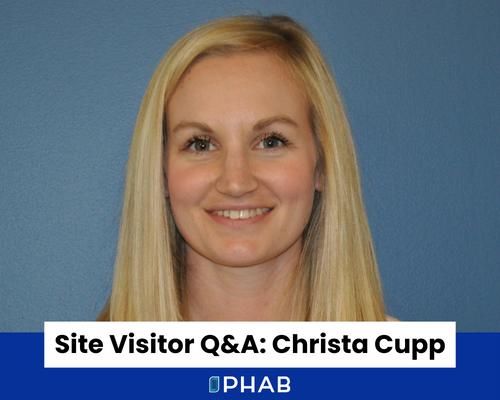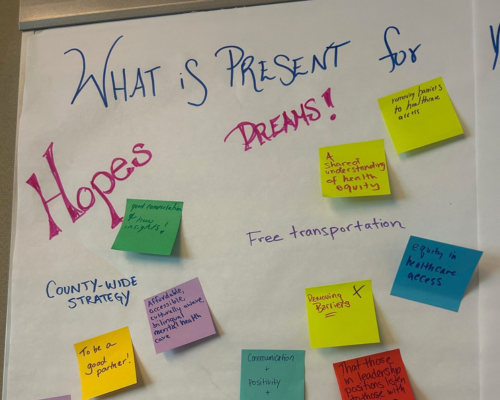



Accreditation and recognition provide a means for health departments to build capacity in key public health areas.
The FPHS framework defines a minimum package of public health capabilities and programs.
The 21C Learning Community is a group of states focused on state-wide public health system transformation.
PHAB has many tools and resources to support health departments in their work to strengthen infrastructure.
Accreditation Impact
“PHAB accreditation has provided an objective lens through which we can truly evaluate our effectiveness as a public health agency….”
-Keith Reed, RN, MPH, CPH, Oklahoma’s
Commissioner of Health
Quality Improvement
95% reported that accreditation stimulated quality and performance improvement.
Workforce Development
90% reported that accreditation has improved their health department’s ability to identify and address gaps in employee training and workforce development.
Emergency Preparedness
More than 80% indicated that overall, accreditation has helped their response to the COVID-19 pandemic.
Transparency in Departments
88% reported that accreditation has stimulated greater accountability and transparency within the health department.







